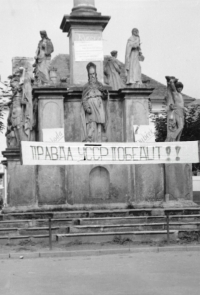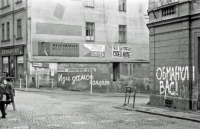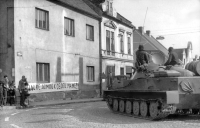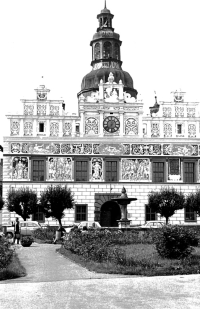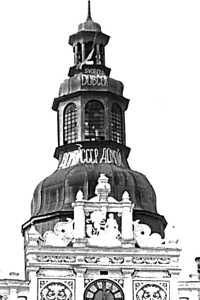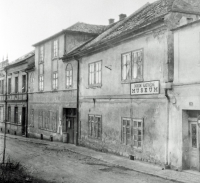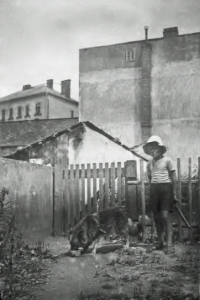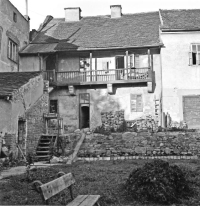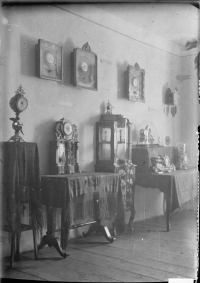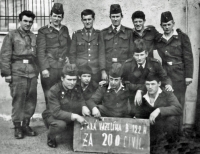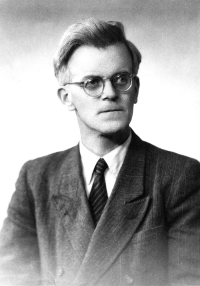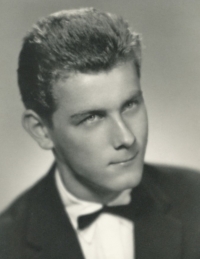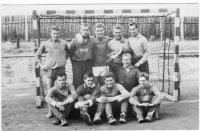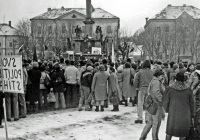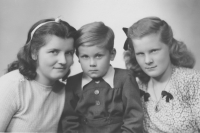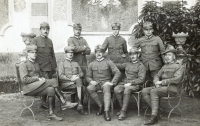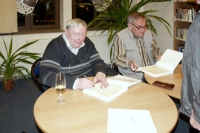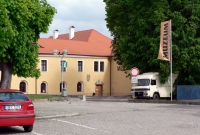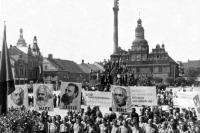Memory needs to be preserved

Download image
František Samec was born on August 1, 1944 in Pilsen. After the war, the family moved to nearby Stříbro, where the German-speaking inhabitants had to leave. His father Adolf Samec became the national administrator of the local museum, which he also founded. However, the communists of the local National Committee had little sympathy for culture. After years of hardship, his father decided to return to Pilsen. In the meantime, František Samec had graduated from high school and wanted to attend college. However, returning to Pilsen meant being separated from the place of his childhood. He therefore abandoned his studies and tried to return to Stříbro. After completing his compulsory military service, he finally succeeded. In 1968, he found a short-term job at the District National Committee in Tachov. In August of that year, he participated in demonstrations against the invasion of the Warsaw Pact troops, and was involved in writing anti-occupation slogans on the tower of the town hall in Stříbro. He was interrogated by the State Security Service (StB) for hiding anti-occupation leaflets. Although he had no more conflicts with the regime, he had a bad reference record. Nevertheless, he managed to find a good job in the computer industry. In retirement, he devoted himself fully to his hobbies and, thanks to his father’s legacy, became interested in the history of the city. Alone or in cooperation with his colleague MUDr. Karel Janda, he published several books about Stříbro. In 2019, he received a commemorative plaque from the town council for this activity. In 2021 he was still living in the place of his childhood - in Stříbro.


